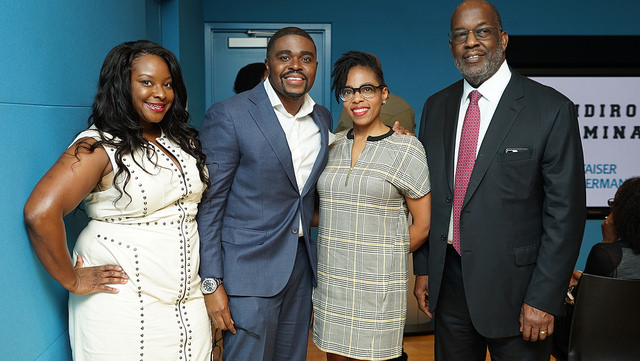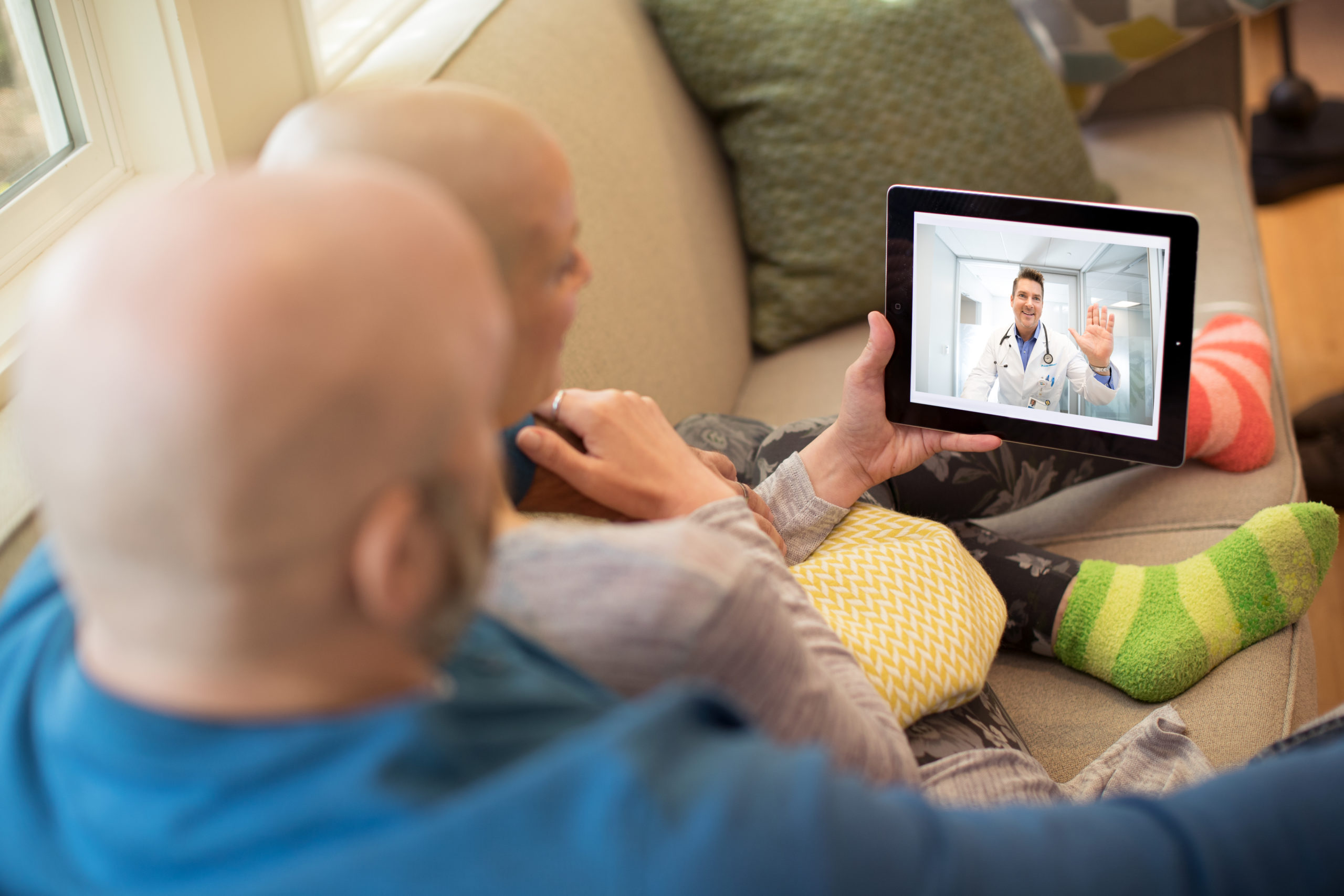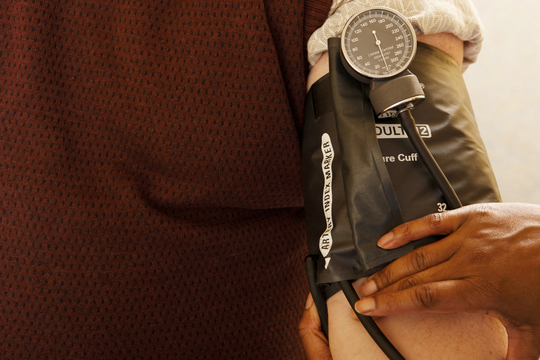Gridiron Terminal hosts its’ third summit—Not on My Turf: Strengthening Athletic Communities Against Abuse—at the Center during October, domestic violence awareness month. Free to the public, the summit encouraged participation from student-athletes, coaches and parents in tackling issues dear to Tokeitha Wilson’s heart—as the CEO of Gridiron Terminal, former student-athlete, and survivor of four cycles of abuse.
“Even when I leave this Earth my books which include my story will help the next generation,” said Wilson, a two-times bestselling author of Too Precious to Be: Guide to Restoring Women Suffering in Silence and Fighting Jezebel.
Today, however, she challenges athletic communities to view domestic violence through the lens of public health, as well as social justice.
Last year, Gridiron Terminal became the first sports-related domestic violence and sexual assault prevention program in Prince George’s County, Maryland. Gridiron Terminal in partnership with DeMatha Catholic High School received the first-ever Domestic Violence Prevention Grant awarded by the Prince George’s County Council.
Not On My Turf is the public health initiative of Gridiron Terminal incorporating sports-related curriculum into community engagement events; concentrating on issues of neglect, bullying, hazing, sexual violence, harassment, health equity, and mental health.
Four panels were organized around these topics as they relate to health disparities, prescription, and illicit drug use, emotional abuse and physical abuse in student-athletes.
Together on a panel, American University’s Celeste Davis and Georgetown University Director of the Master’s Program in Health Systems Administration, Christopher King, addressed health disparities and the prevalence of violence among historically marginalized communities.
King said it is important to understand zip codes as one of the social determinants of violence to understand why higher rates exist in some communities versus others.
“The communities you see when you turn on the TV and say, ‘Oh God! There’s another gunshot,’” he clarified.
Davis agreed on behalf of her community in Baltimore where constant exposure to toxins, violence and other unfavorable environments negatively impact people’s physical and mental health.
“There’s also a physiological issue (they’re) dealing with,” King added. “When people are constantly stressed, (their) cortisol and adrenaline levels are high all the time.”
In a recent Kaiser Permanente article, “Is Stress Harmful? It’s All in the Way You Think About It,” author Gene Gincherman, MD, said in small doses, stress can be healthy.
“Stress earns its bad rap when it’s chronic. Humans were not meant to be in a state of fight or flight all the time,” he wrote. “When it’s ongoing or too frequent, stress can tax your heart and immune system, interfere with your sleep, and exhaust your emotional resources.”
In response to how athletic communities can be transformed to address violence, Davis encouraged sports medicine doctors to perform routine mental health screenings on student-athletes.
“Oppression breeds in secrecy and I think violence can be an oppressor,” she said. “I think as the conversation becomes more normal as people become more aware, (athletic) communities will start to hold each other more accountable.”
Similarly, Wilson shared the first time she encountered being screened for domestic violence in the healthcare setting.
“He pulled up the rolling chair, sat down and said, ‘Listen, are you being honest with me?’” she recalled about a physician who was familiar with her abusive past. “I really did just have back pain. I didn’t get hit or anything like that, but he just wanted to make sure that we had that interaction. I’m thankful that small strides are being made.”
King said it is also important for athletes to communicate with each other to uphold a zero-tolerance policy.
“When you have someone who looks like you, whose living your experience, to talk about how important this is, that can be very powerful,” he said. “When you see something, say something. Everyone has ownership in making sure we’re all safe.”
Commenting from the audience, Natalie Randolph with DC State Athletic Association cautioned not to focus solely on the victim in addressing the culture that causes victimization.
“It’s easier to tell someone to put on a sweatshirt; it’s more difficult to address the other kids in the room that might say something because of what someone is wearing,” said Randolph.
Martin Gibson, Owner of Gibson Performance Training, said he is constantly improving the way he mentors youth in a world that is ever-changing. He said it’s not just the athletes who need to be informed but the coaches as well.
He and Damon Wilson, the Head Football Coach at Bowie State University, were in attendance as panelists to gain awareness in safeguarding players against sexual assault. They were also accompanied by Arleen Joel, Executive Director of Community Advocates for Families and Youth, who encouraged them to find the balance in promoting aggressive behavior on the field and turning it off away from the field.
Settings like this are probably more beneficial to me than they are for you,” Coach Wilson told the audience. “Believe it or not, every field can help me be a successful football coach.”
In a previous panel, Paul Williams, a former basketball player and mental health therapist for Hearts In Mind Counseling, said “We’re afraid to say that we are weak or that something is bothering us mentally. We’re supposed to just get over it, especially men and little boys. We’re not allowed to feel. We’re only allowed to react, physically.”
In the future, Wilson hopes to advance her work in prevention into the professional sports workplace with her son by her side as a younger advocate; she said Messiah Smith was nine-years-old when he inspired her and Gridiron Terminal to break the silence for not only girls but boys too.
About Kaiser Permanente
Kaiser Permanente, the nation’s largest integrated healthcare system, is a proud sponsor of the NO MORE campaign to end domestic violence and sexual assault. If you would like to get involved or learn more about NO MORE week 2019 (March 3-9), please visit here.
About the Center for Total Health
The Center for Total Health is dedicated to sharing, developing, and accelerating ideas that improve total health around the world. To host your next meeting at the Center, please complete the request form.




